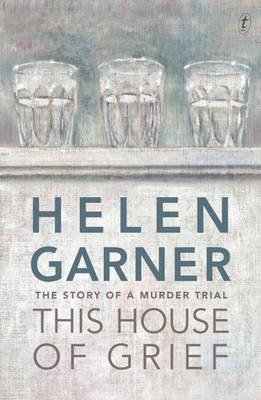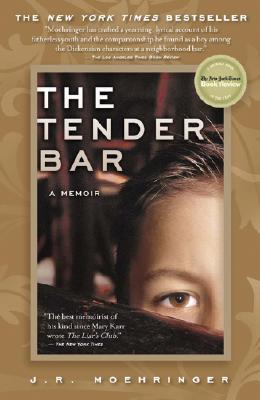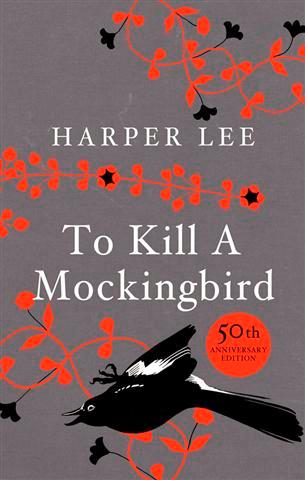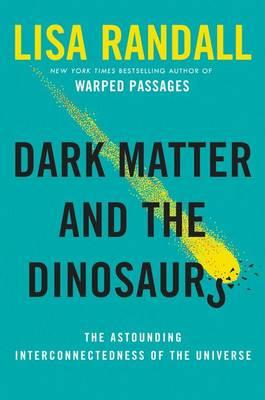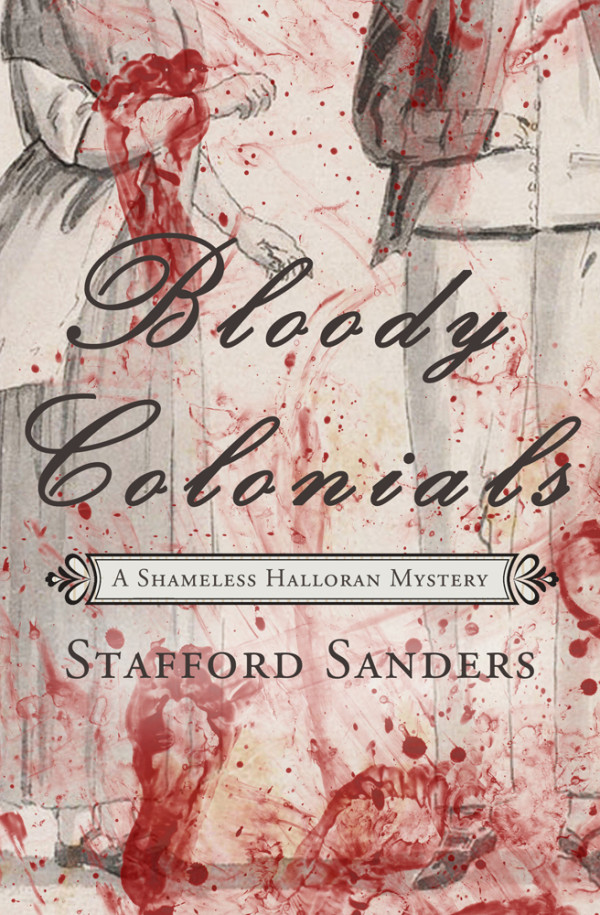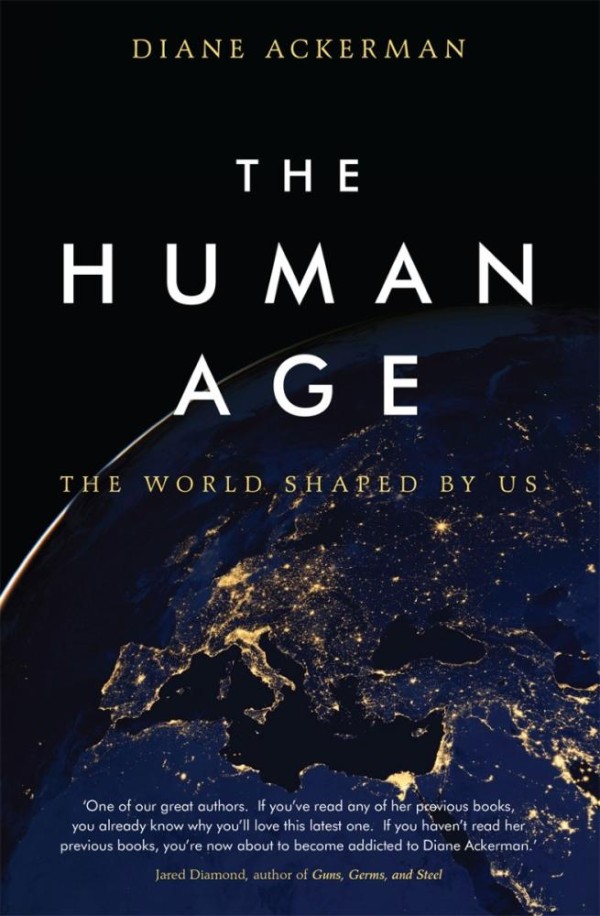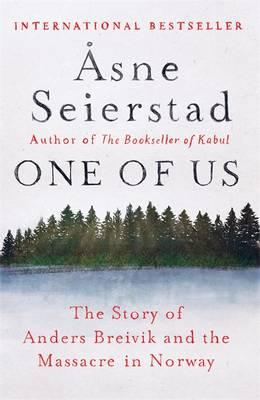Month March 2016
Leading Australian writer Helen Garner, who became instantly famous with the publication of her first novel in 1977, Monkey Grip, has made the Stella longlist for her book House of Grief. The book explores in compelling style one of the worst cases of patricide in Australian history.
Harper Lee, the author of To Kill a Mockingbird, one of America’s most enduring literary classics, has died aged 89. Lee only wrote one other book besides To Kill a Mockingbird, Go Set a Watchman, which was published in July 2015. To Kill a Mockingbird was voted the most loved book of the last 60 years by The Times readers in October 2009. The 50th Anniversary Edition of To Kill A Mockingbird by Harper Lee is a must for all lovers of the book and the movie, a must for collectors of fine editions of modern classics, and a must for those looking to encourage a young reader to read one the best and most beautiful books written in the 20th Century.
The ever brilliant Maria Popova writes in her newsletter Brainpickings: Every successful technology of thought, be it science or philosophy, is a time machine — it peers into the past in order to disassemble the building blocks of how we got to the present, then reassembles them into a sensemaking mechanism for where the future might take us. That’s what Harvard particle physicist and cosmologist Lisa Randall accomplishes in Dark Matter and the Dinosaurs: The Astounding Interconnectedness of the Universe (public library), which I recently reviewed for The New York Times — an intellectually thrilling exploration of how the universe evolved, what made our very existence possible, and how dark matter illuminates our planet’s relationship to its cosmic environment across past, present, and future. Randall starts with a fascinating speculative theory, linking dark matter to the extinction of the dinosaurs — an event that took place in the outermost reaches of the Solar System sixty-six million years ago catalyzed an earthly catastrophe without which we wouldn’t have come to exist. What makes her theory so striking is that it contrasts the most invisible aspects of the universe with the most dramatic events of our world while linking the two in a causal dance, reminding us just how limited our perception of reality really is — we are, after all, sensorial creatures blinded by our inability to detect the myriad complex and fascinating processes that play out behind the doors of perception.
A new Australian murder mystery now available in paperback mixes excitement and humour in a colourful and corrupt colonial setting.
Our relationship with nature has changed, radically, irreversibly, but by no means all for the bad. Our new epoch is laced with invention. Our mistakes are legion, but our talent is immeasurable. Diane Ackerman, best known for her book A Natural History of the Senses, is one of the most lyrical, insightful and compelling writers on the natural world, and The Human Age is a landmark book. Humans have subdued 75 per cent of the land surface, concocted a wizardry of industrial, medical and technological marvels, strung lights across the darkness. We now collect the DNA of vanishing species in a ‘frozen ark’, equip orang-utans with iPads, create wearable technologies and synthetic species that might soon outsmart us. But the world remains as overwhelmingly beautiful as it ever was. In a darkening age, it is writers such as Diane Ackerman who are civilisation’s greatest treasures.
In the tradition of Truman Capote’s classic In Cold Blood, One of Us by Asne Seierstad is a powerful depiction of a terrorist massacre in Norway and its aftermath. On 22 July 2011 Anders Behring Breivik killed 77 of his fellow Norwegians in a terrorist atrocity that shocked the world. Many were teenagers, just beginning their adult lives. In the devastating aftermath, the inevitable questions began. How could this happen? Why did it happen? And who was Anders Breivik?
